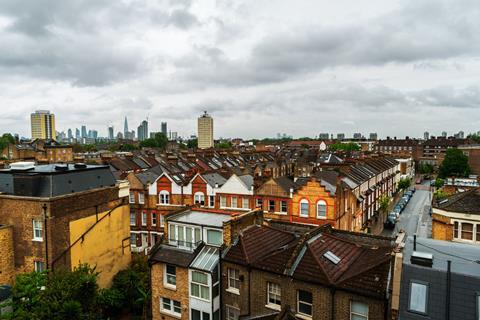Developments could ease housing crisis by creating nearly 500,000 homes, says Policy Exchange report

The government has been urged to build more than a dozen new towns on the edge of London to solve the capital’s housing crisis.
Think-tank the Policy Exchange said in a new report the government should collaborate with the Greater London Authority and build a total of 450,000 homes in 15 new “millennial towns”, accommodating 30,000 new homes each, along five growth corridors which spread out from the capital.
Of the corridors two – the Thames Gateway extending eastwards and the London-Stansted-Cambridge development corridor – have already been recognised by the government as having national importance.
And a further three – the Western Wedge towards the Thames Valley, the Wandle Valley towards Gatwick Airport and the London-Luton-Bedford corridor along the M1 – are deemed to be of city region importance.
As London becomes more crowded and developments push out from the capital public backing will be crucial, the Policy Exchange report argues.
Assurances would need to be given to nearby communities that new towns would adhere to development conditions including high quality design “and building/street styles that people think are beautiful”.
The government recently established the Building Better/Building Beautiful commission, headed by philosopher Roger Scruton, to look at how new housing developments could be designed to effectively be easier on the eye and appease nearby residents who might otherwise object to them at the planning stage.
The Policy Exchange said the government should also create a Department for Growth to take ownership of the delivery of the new towns.
The new department would assume the regional growth responsibilities of the Treasury, the MHCLG and the Department of Transport, as well as coordinating with the GLA, Homes England, UKT&I and combined authorities.
Stronger collaboration between key bodies was crucial, the report said, although developments often became mired in local politics and public opposition.
The report highlighted that while 24 “Garden Communities” had been approved by government “many of them do not have legal backing and so they are at risk of being stuck in the planning process.
“The North Essex Garden Communities proposal, for instance, has faced loud opposition by local campaign groups and its strategic plan was found to be unsound by the Planning Inspectorate who demanded greater evidence of the proposed settlement’s feasibility,” the report added.











No comments yet